Breaking barriers: U-High, Colombian students share experiences
Students on distance and hybrid learning connect on Zoom to work together on a group activity in Spanish teacher Dinah D’Antoni’s class on April 13. Zoom has also allowed students from Colombia to connect with U-High students in Spanish teacher Suzanne Baum’s class without traveling.
April 13, 2021
World language teacher Suzanne Baum has been involved in virtual exchange programs for years, but the program her classes took part in this year was unique. Although they were living in different countries, the participating students were experiencing the unprecedented effects of the pandemic together.
The coronavirus pandemic has restricted global education opportunities and traveling, so virtual exchange programs have served as an alternative for students to connect with other parts of the world without leaving their homes.
I think it’s important that they know the raw history here and that they’re not getting some sort of censored narrative from anyone about our country because I wouldn’t want to get a censored narrative about things that are going on in Colombia.
— Xavier Nesbitt
Ms. Baum’s Spanish 4 and Spanish 4 Advanced classes have been meeting with Colombian students from the Institución Educativa Juan Bautista La Salle and the Institución Educativa Sagrados Corazones schools once a month since December 2020.
During meetings, students learn by conversing in either English or Spanish and presenting slideshows that depict certain aspects of their home country.
Sophomore Xavier Nesbitt contributed by creating a presentation about Independence Day for the students in Colombia.
“I think it’s important that they know the raw history here and that they’re not getting some sort of censored narrative from anyone about our country because I wouldn’t want to get a censored narrative about things that are going on in Colombia,” Xavier said.
Xavier said one of his favorite parts about the program is the challenge of breaking through the language barrier.
“Our Spanish is not always very good, and sometimes it is hard to understand their English,” Xavier said. “Although we don’t speak the same language, there are still certain things we relate to and connect to because, at the end of the day, we are all high schoolers.”
Ms. Baum believes that because students are of similar ages and going through the pandemic together, her classes have benefited from the program.
“I do feel that for some students whom this was just so painful and so awful to do Spanish over Zoom, it has sparked an interest to see the Columbians once in a while and to see their engagement, see them ask questions and see them make some mistakes and be nervous,” Ms. Baum said.
Additionally, Ms. Baum said the program emphasized the privilege many U-High students have and opened their eyes to global inequalities. Unlike their counterparts from the United States, the Colombian students will not have access to a coronavirus vaccine anytime soon.
Xavier appreciates learning about the global inequities the Colombians face, especially since the recent lack of travel has restricted his exposure to other cultures and experiences.
“Every time we meet with them I’m looking forward to it because there is so much that we don’t know,” Xavier said. “Sometimes you feel like you are in a bubble and forget that people may live differently.”



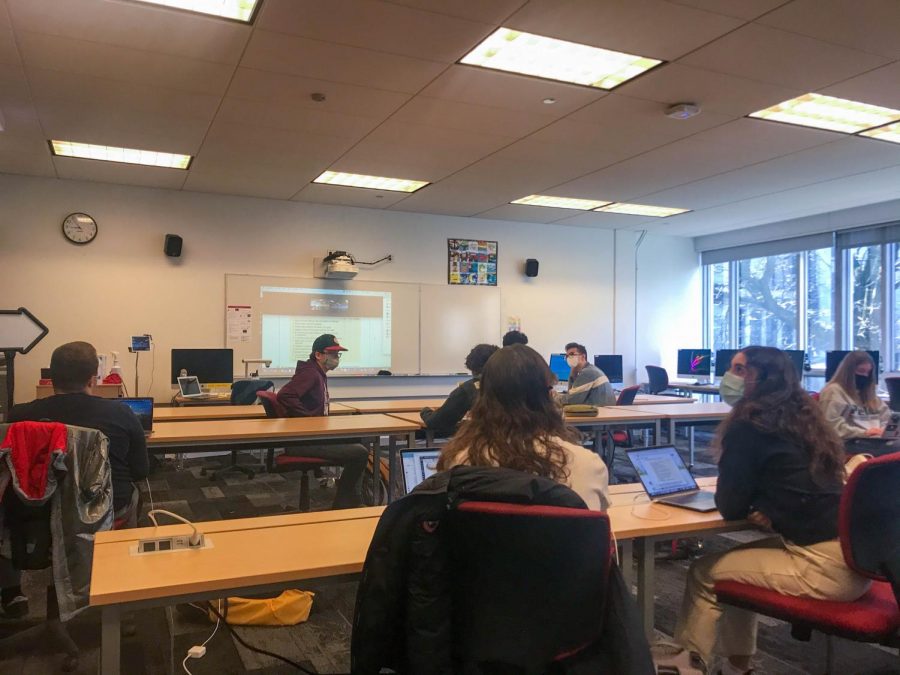




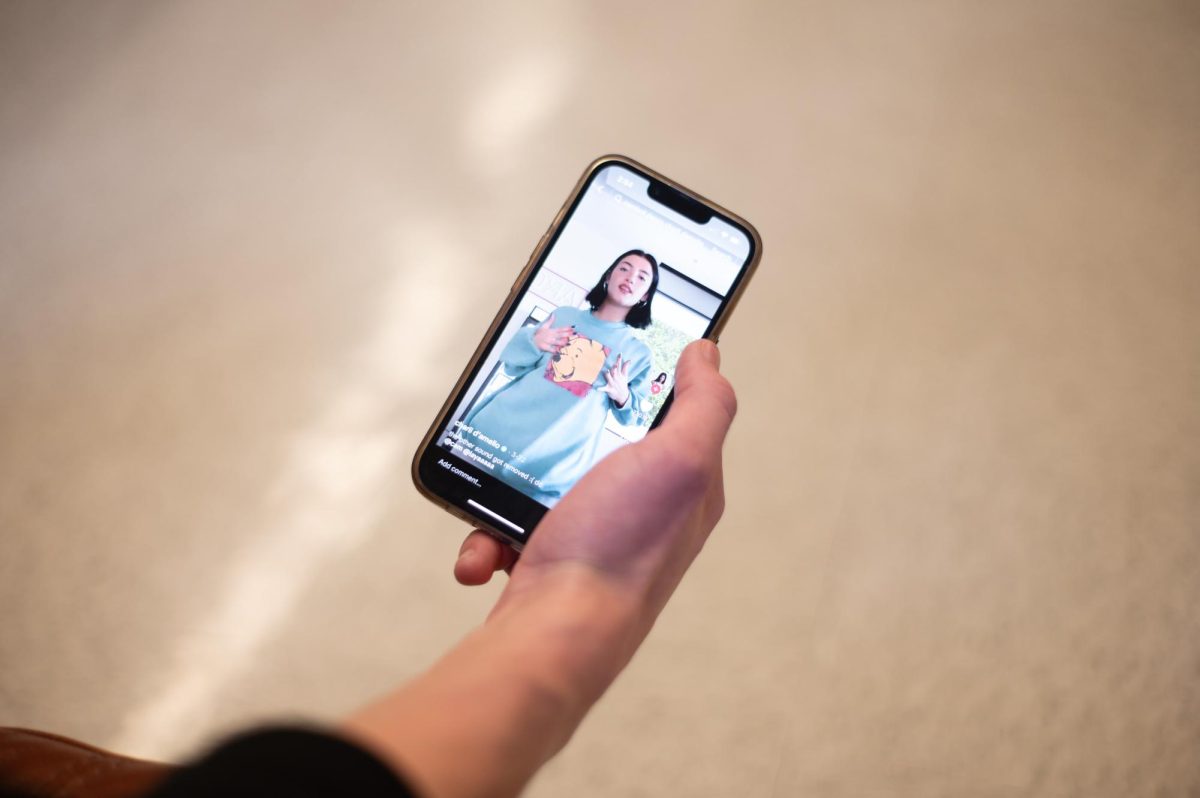
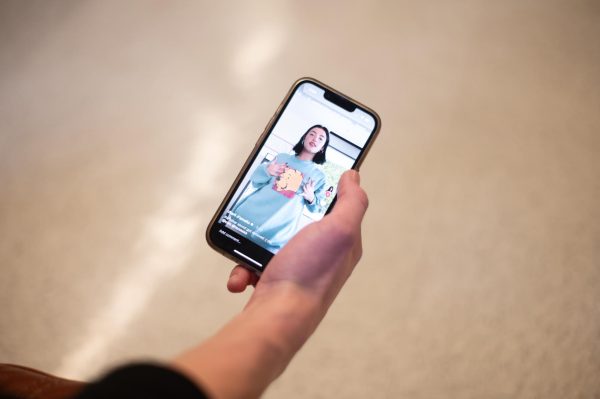

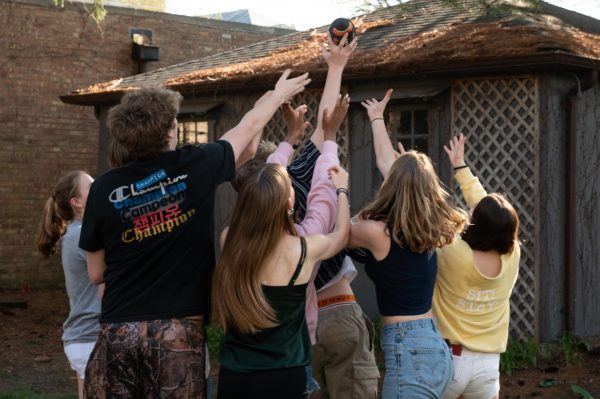
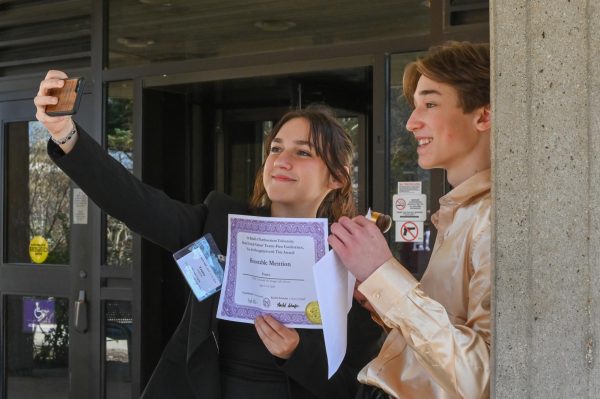
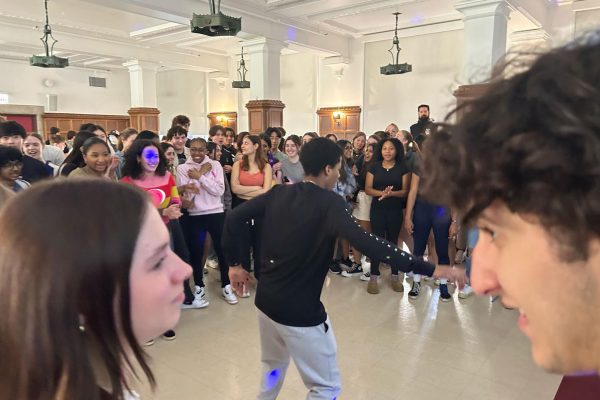
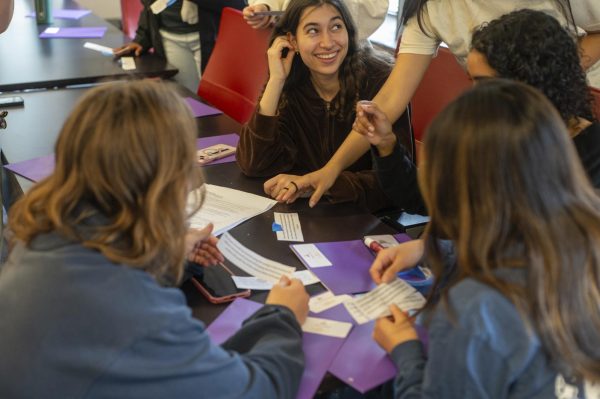
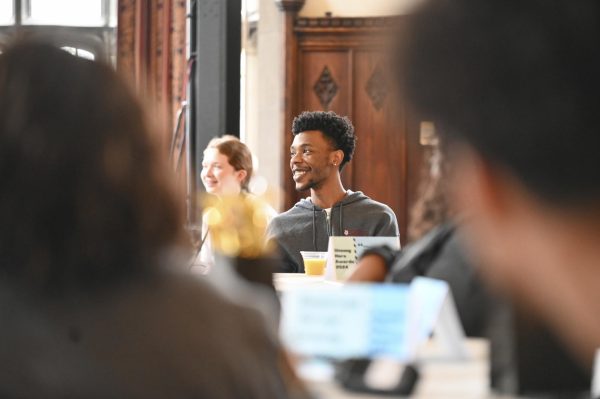
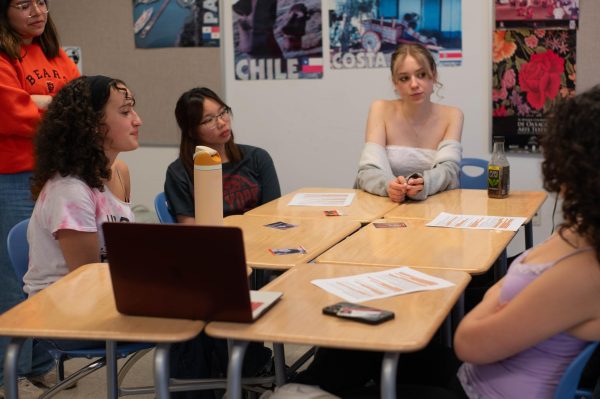
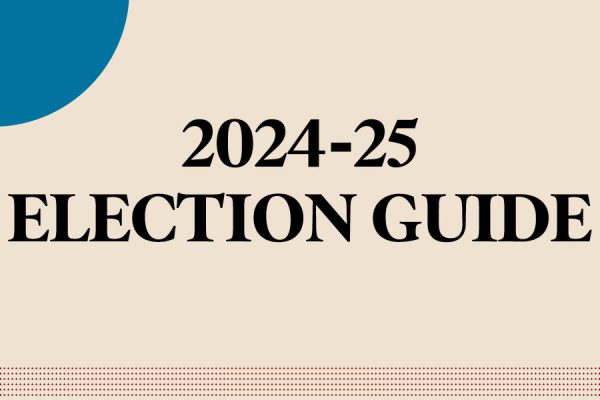

Carlos Mauricio Agudelo • May 6, 2021 at 4:46 pm
Buena tarde, soy el rector de la institución educativa Juan Bautista La Salle, me gustaría tener contacto con la profesora. Está experiencia es excelente y me gustaría compartirla con mi comunidad.